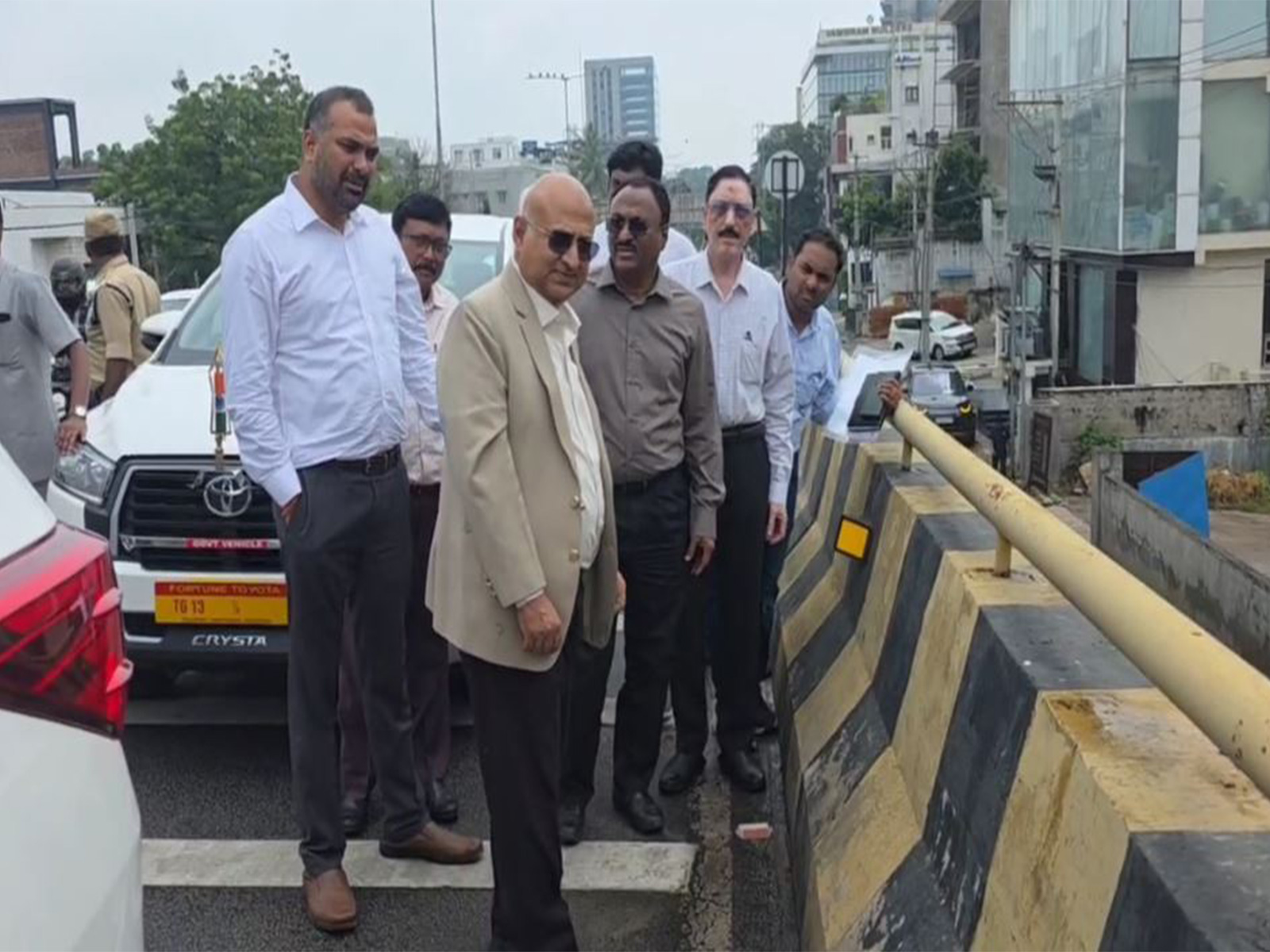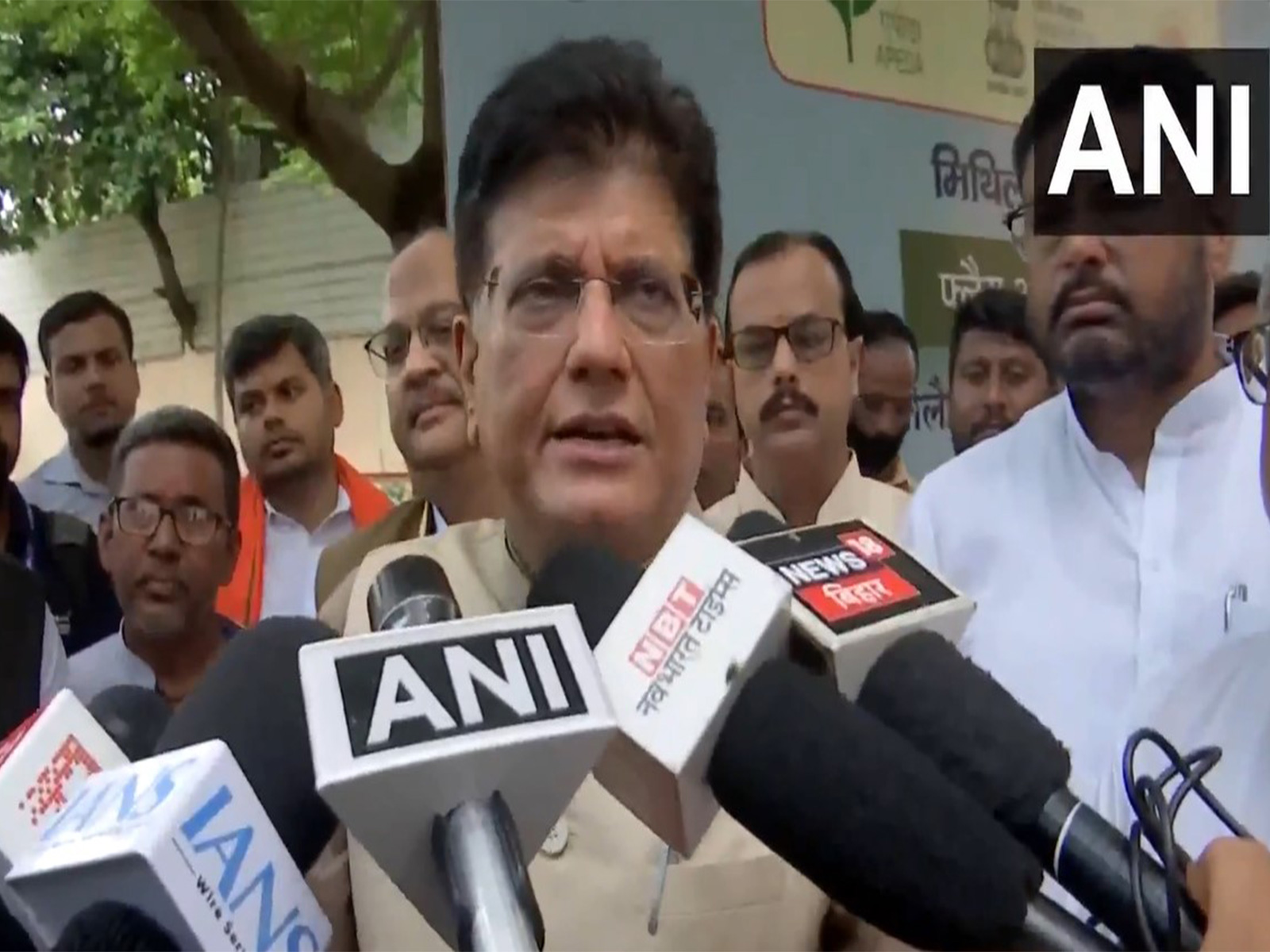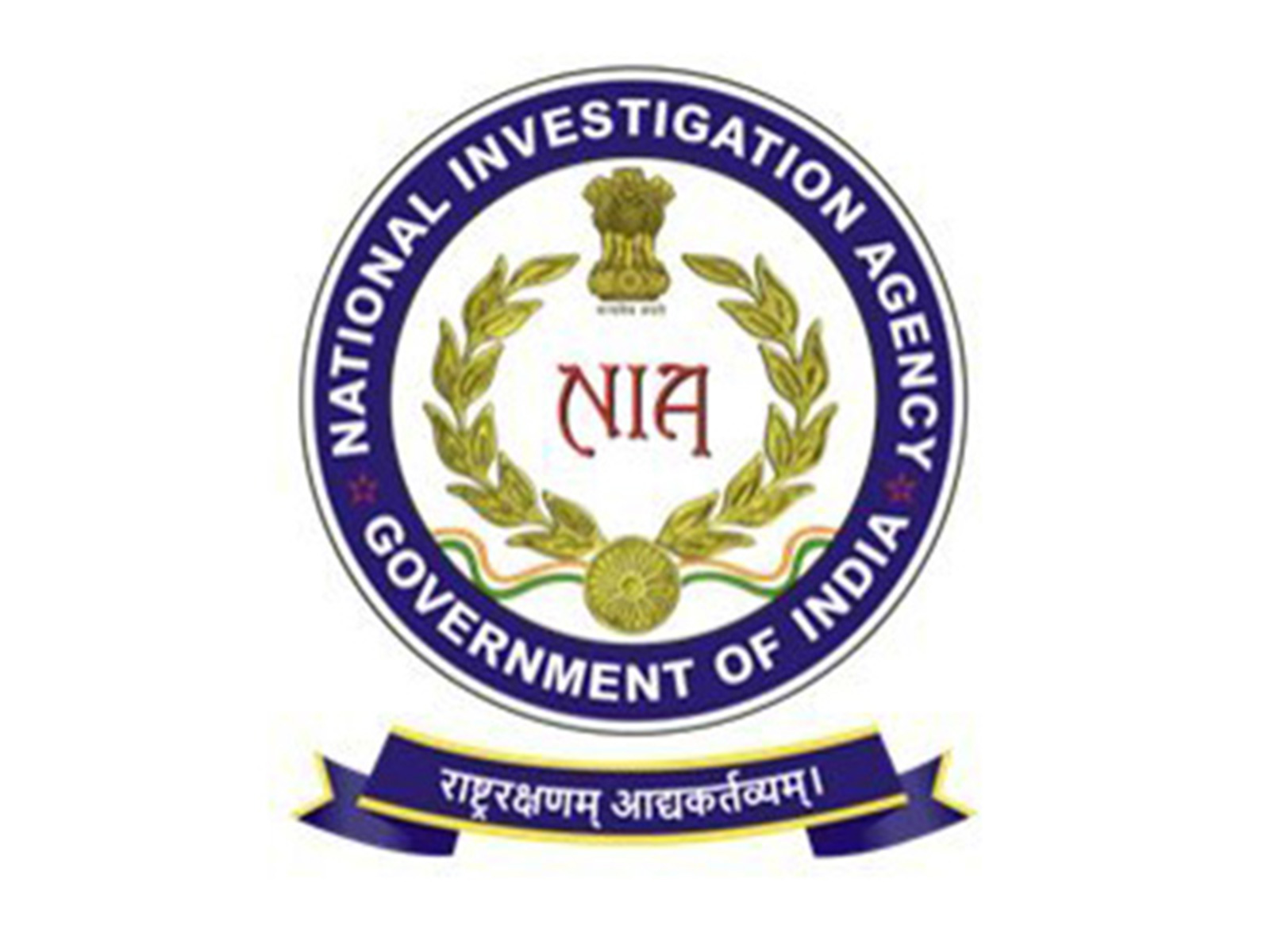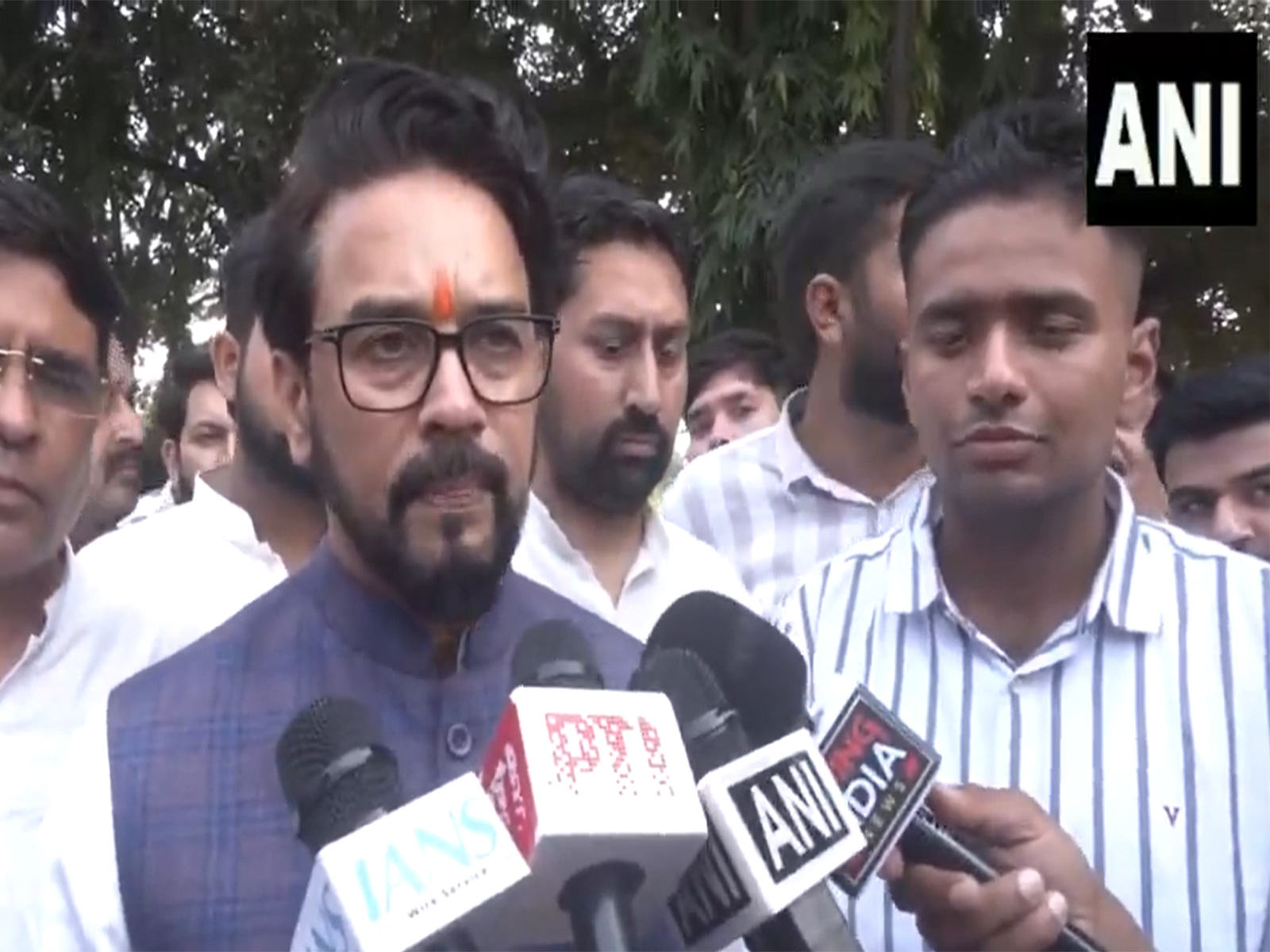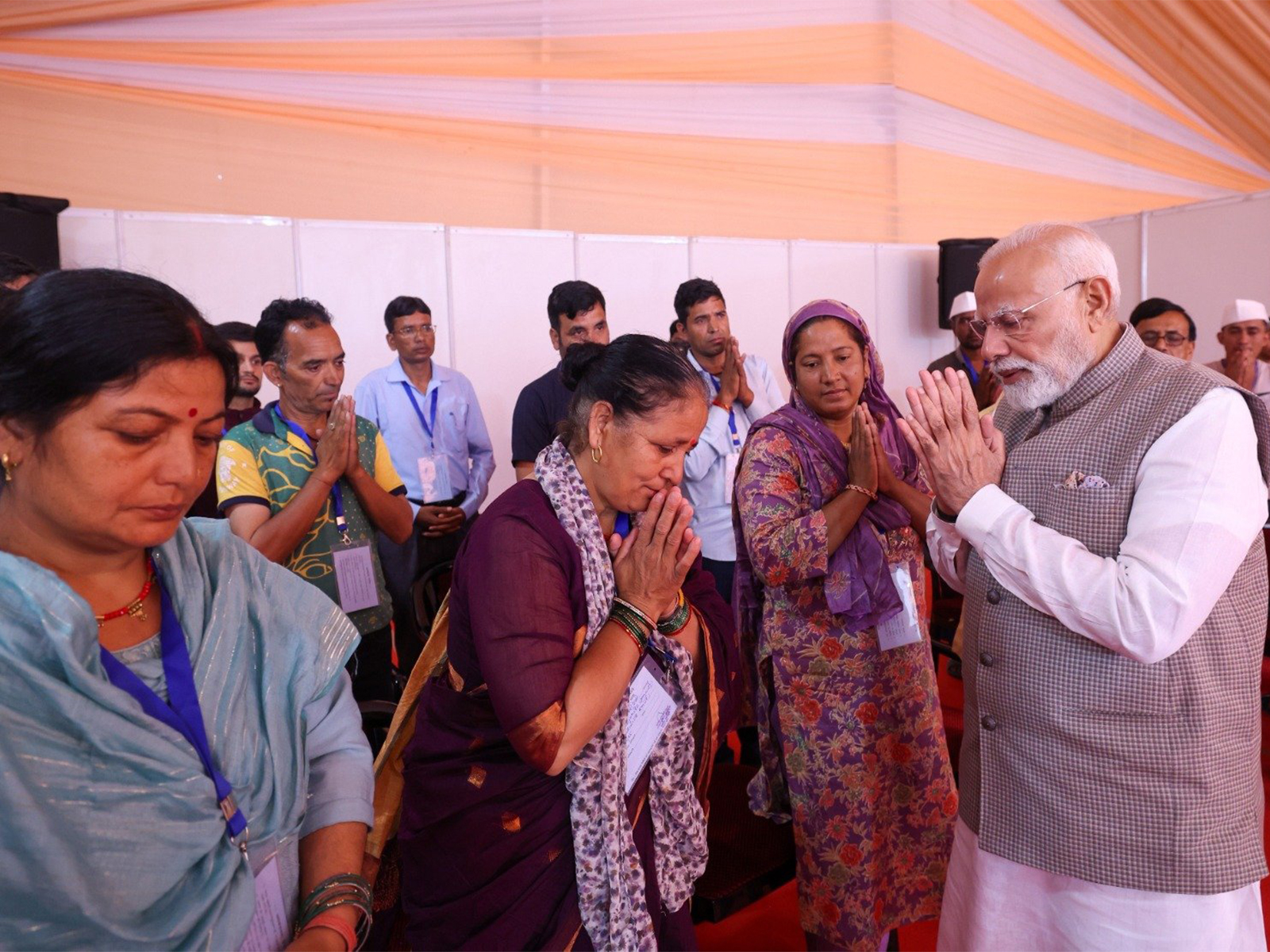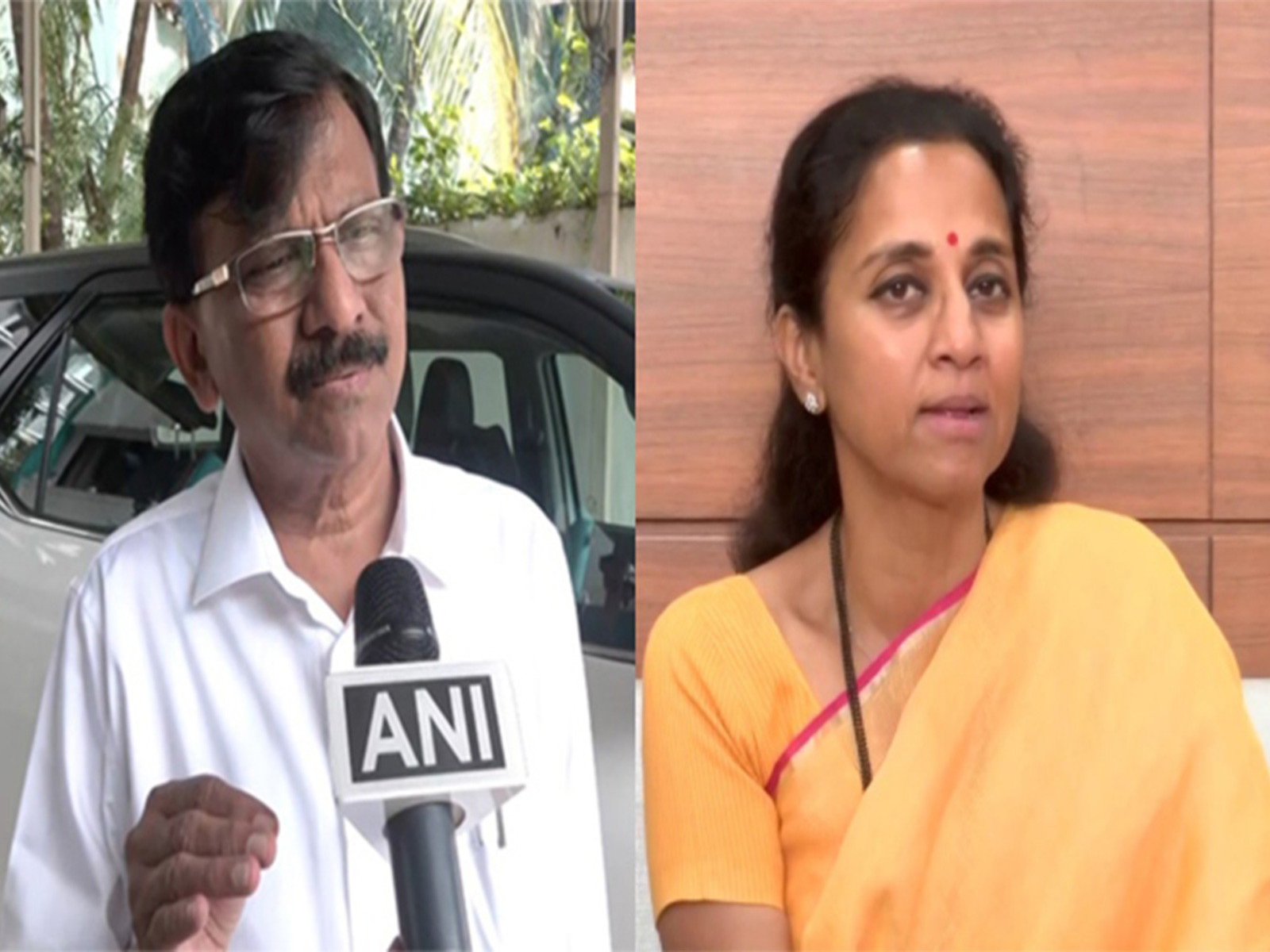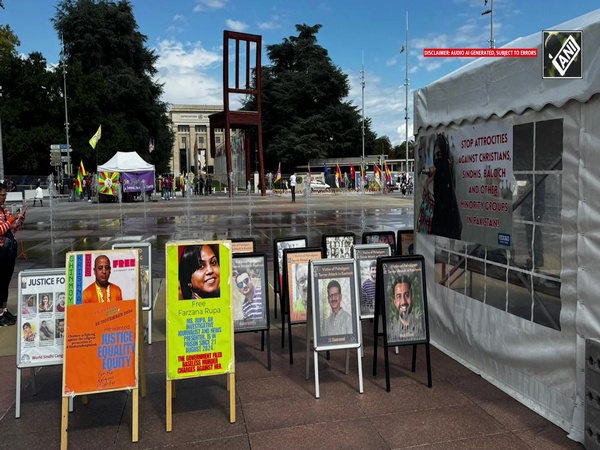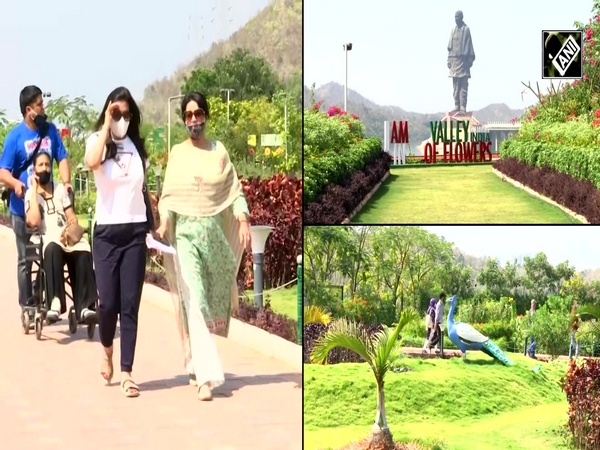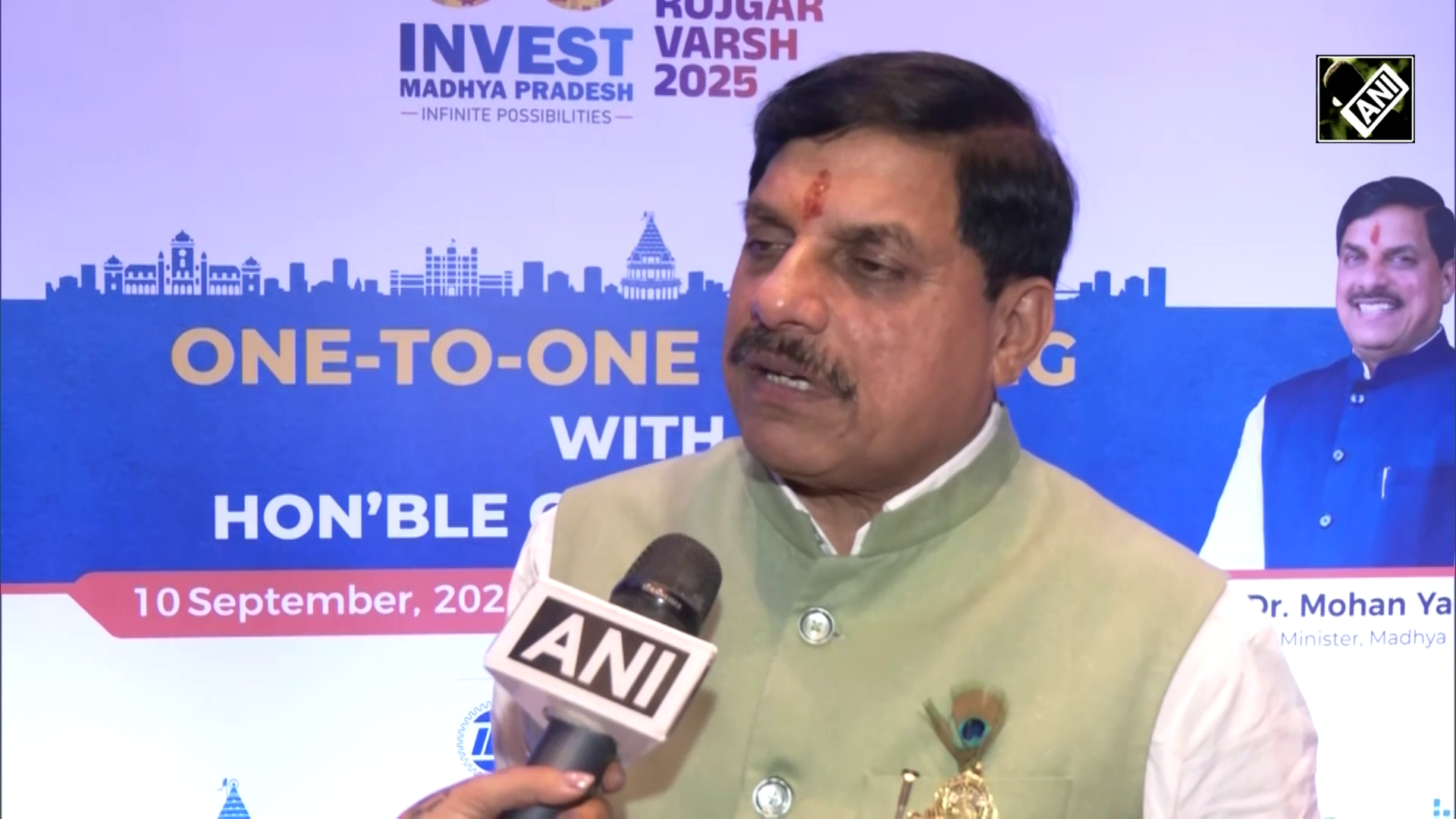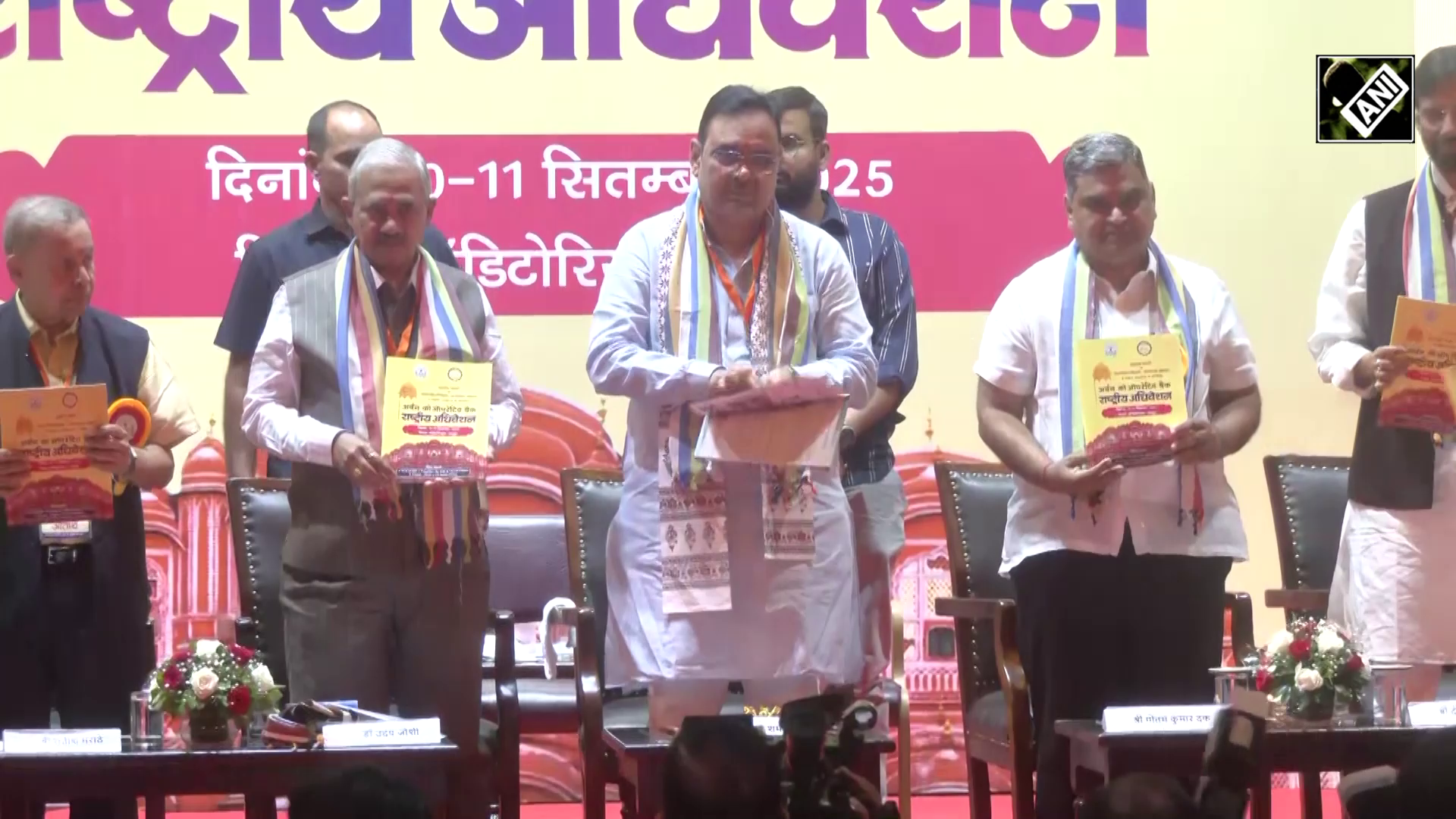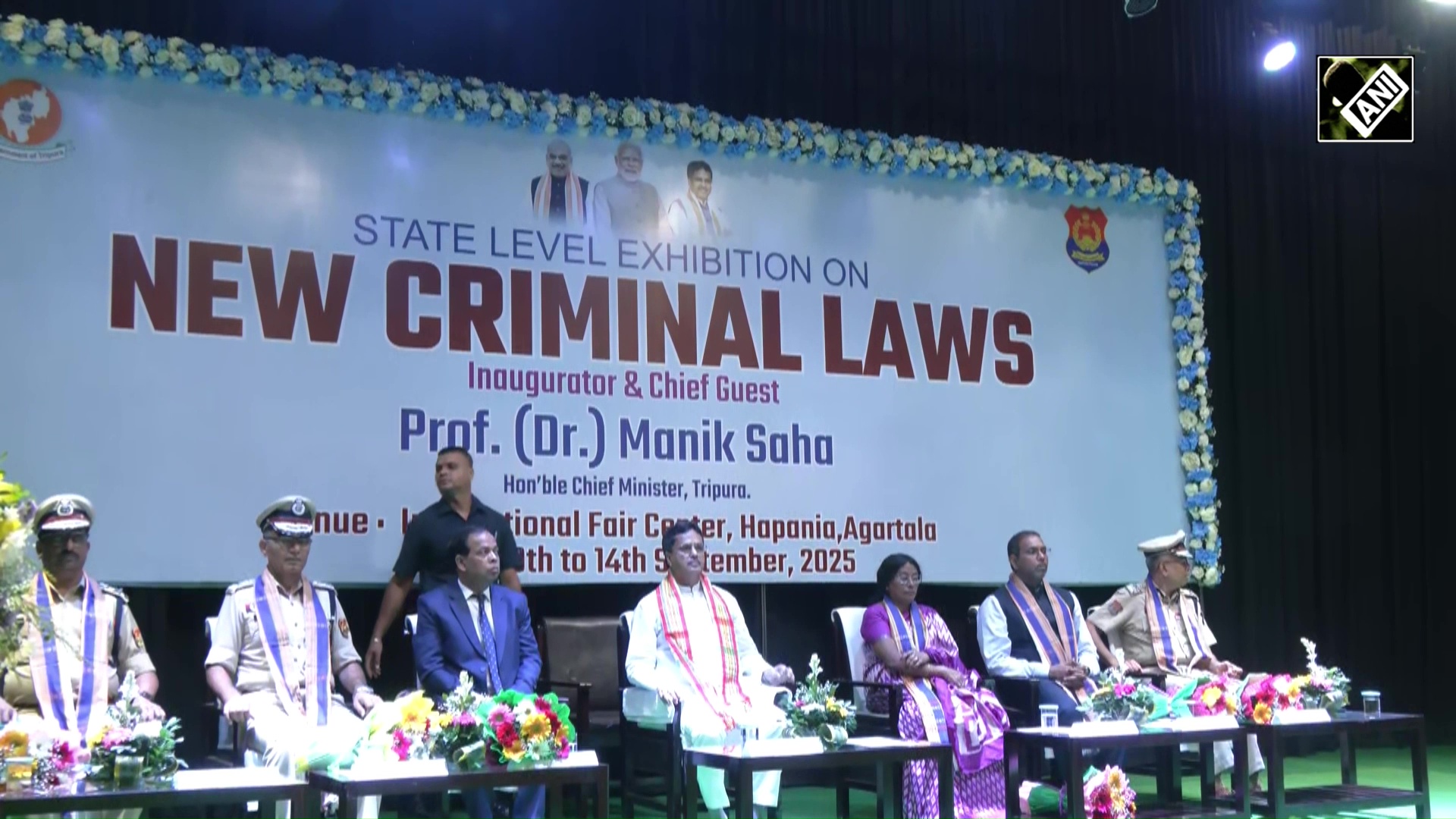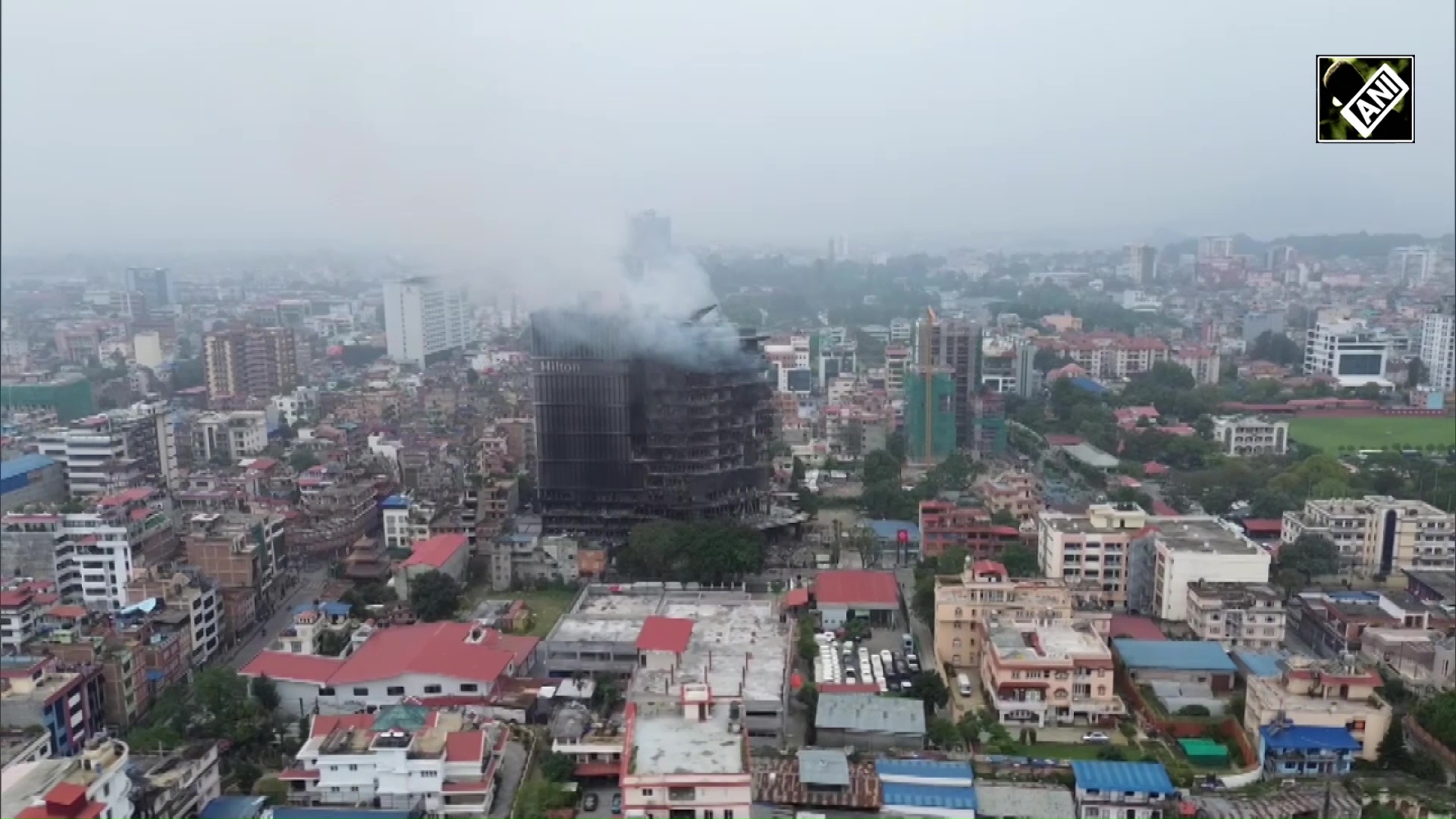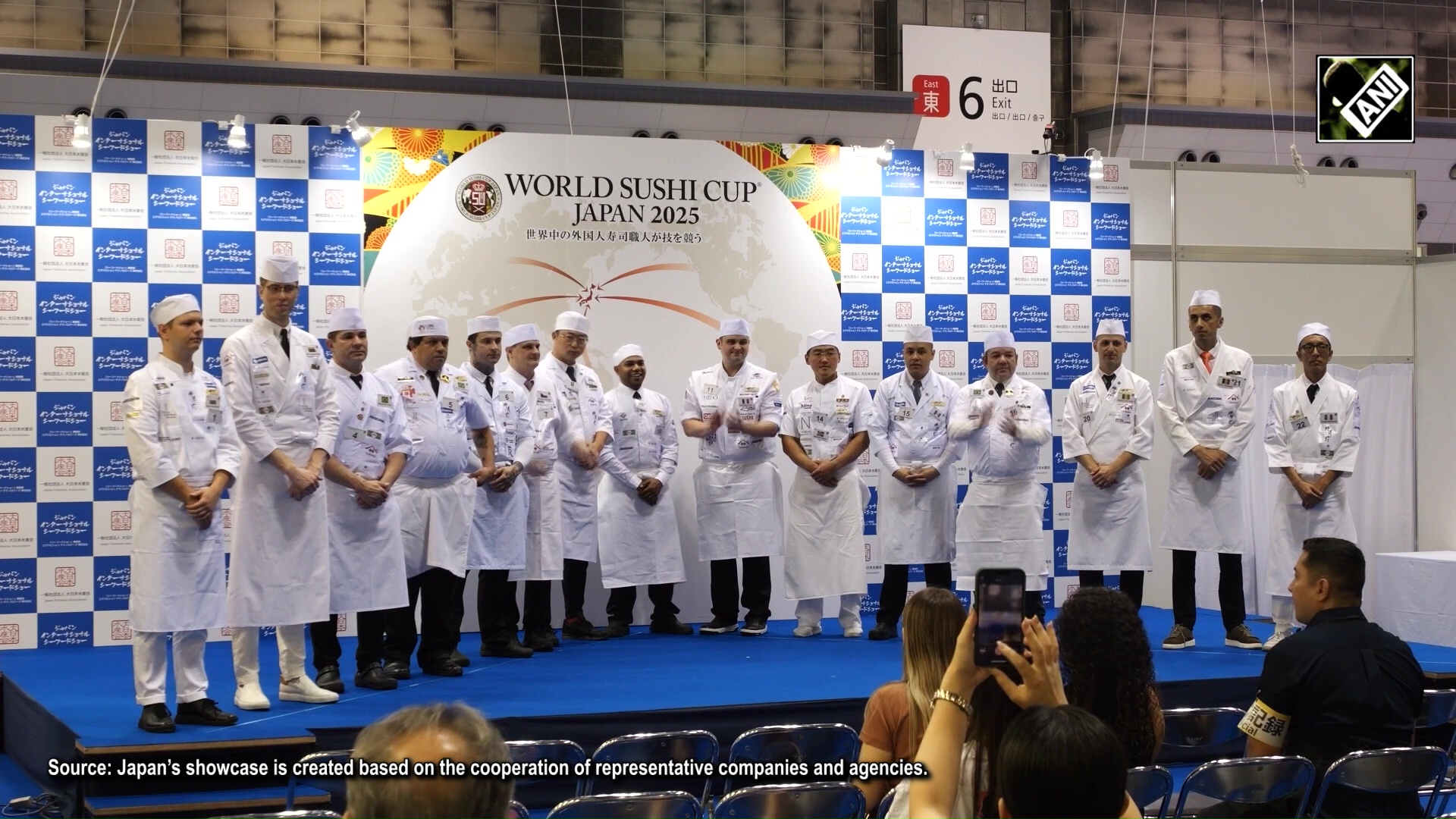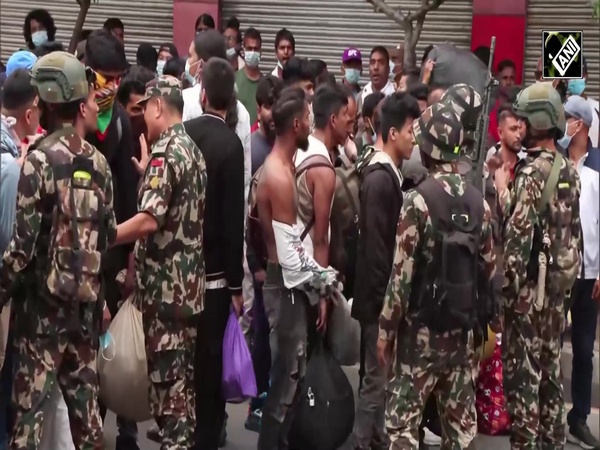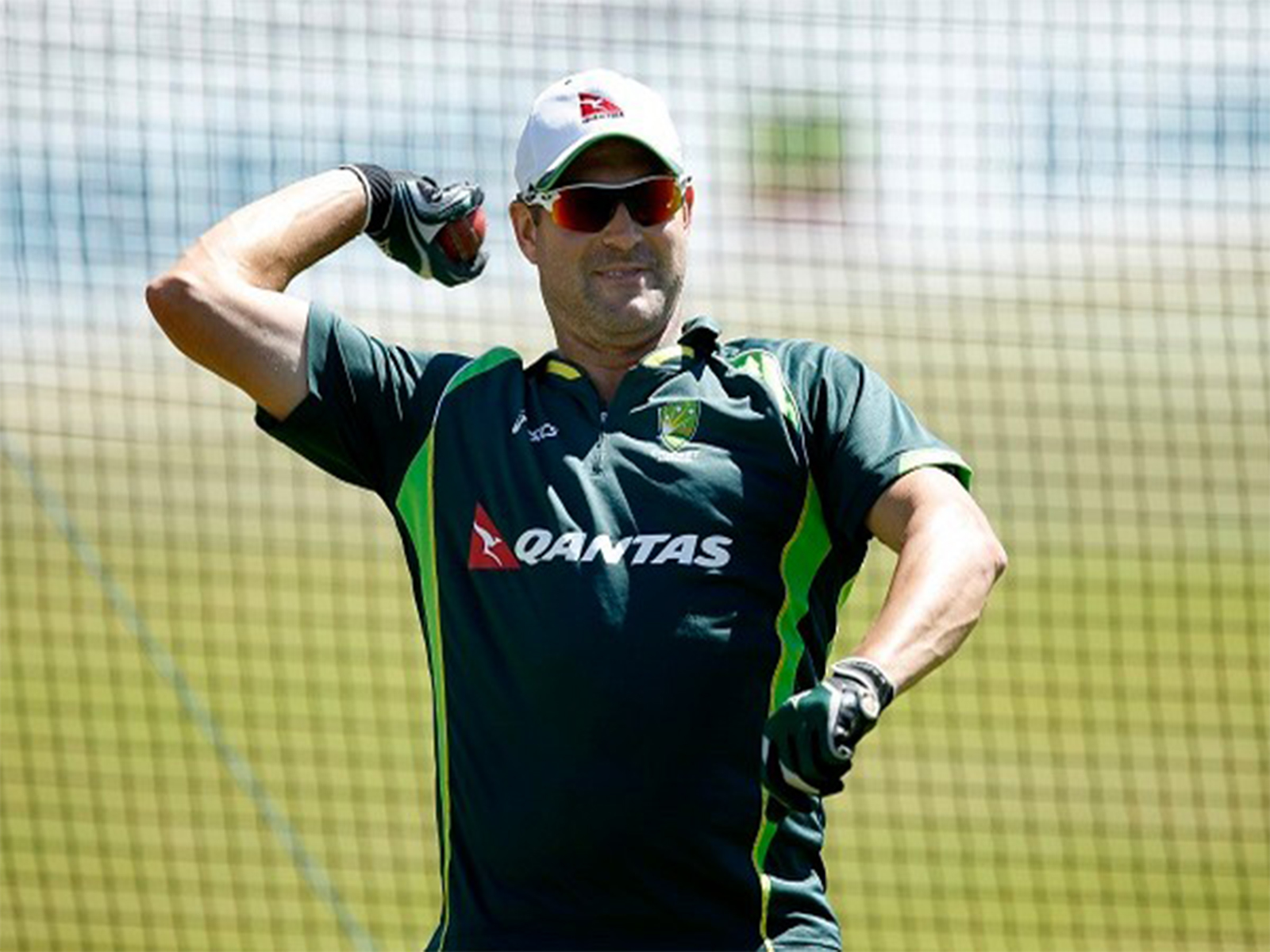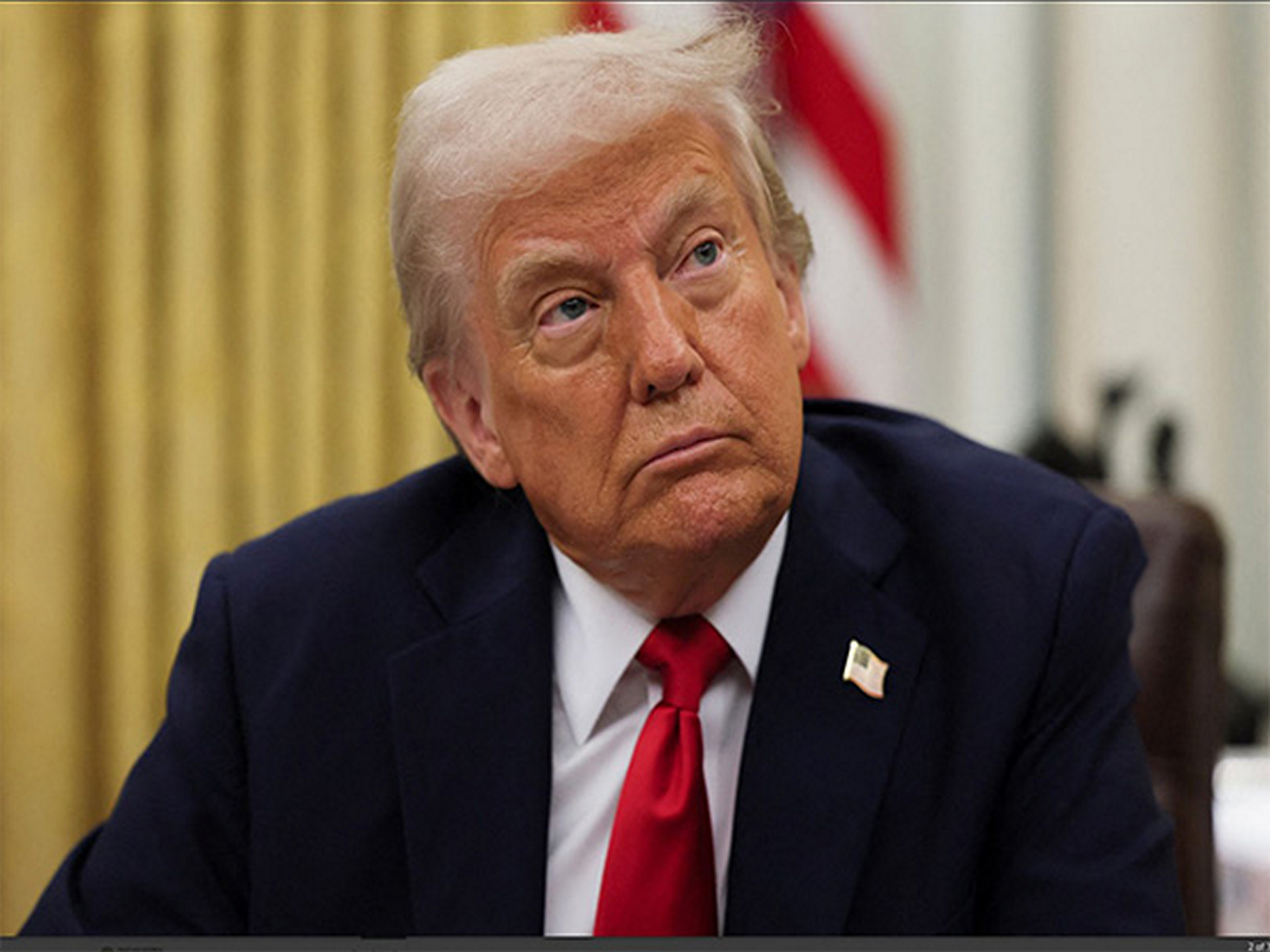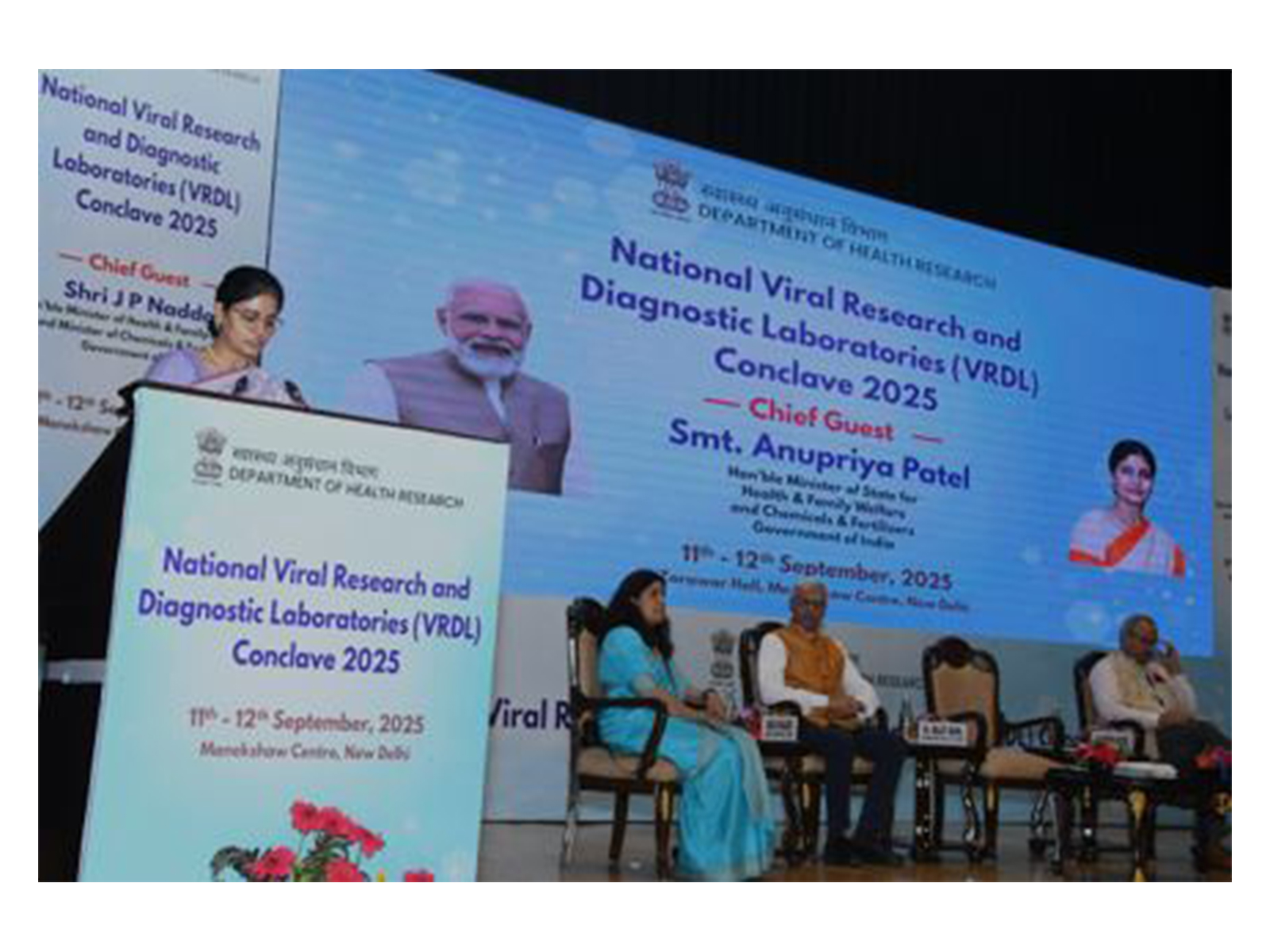
Union Minister Anupriya Patel inaugurates National Virus Research & Diagnostic Laboratory Conclave in Delhi
Sep 11, 2025
New Delhi [India], September 11 : Union Minister of State for Health and Family Welfare, Anupriya Patel, inaugurated the National Virus Research & Diagnostic Laboratory (VRDL) Conclave 2025 on Thursday, highlighting India's progress in medical research and diagnostics.
According to the release, the two-day event in Delhi saw the presence of Dr Rajiv Bahl, Secretary of the Department of Health Research (DHR) and DG, ICMR, and Dr Rajeev Singh Raghuvanshi, Drug Controller General of India.
Lauding DHR, ICMR and VRDLs for their collaborations and innovation in the service of society, Patel said each laboratory, each innovation, each collaboration contributes to the vision of Viksit Bharat.
Addressing scientists from 165 VRDLs across the country at the two-day Conclave being held in Delhi, Patel said, our VRDLs have stood as sentinels in protecting the country during the COVID-19 pandemic and beyond. She acknowledged the key role played by these Laboratories in sequencing the virus and validating nearly 1,700 diagnostic commodities.
Sharing that sixteen of these VRDLs are now equipped with Bio-Safety Level-3 facilities to study high-risk pathogens, the Minister expressed that VRDLs have been central to early detection of outbreaks of Nipah, Zika, and Kyasanur Forest Disease.
Anupriya Patel highlighted the pivotal role of the National Institute of Virology (NIV), Pune, the country's only BSL-4 laboratory and informed that under the Prime Minister's Ayushman Bharat Health Infrastructure Mission, four new regional NIVs are being established in Jabalpur, Dibrugarh, Bangalore, and Jammu, ensuring that preparedness is spread across the nation.
The Union Minister shared India's strides in combating tuberculosis (TB) through homegrown innovative technologies and solutions validated by ICMR.
"Portable handheld X-ray machines have been deployed to remote villages as part of the 100-day TB campaign. DeepCXR, an AI-based screening tool trained on over 75,000 chest X-ray images, is now freely available for mass TB screening. The CyTb skin test, priced affordably at Rs 199, offers a cost-effective method to detect latent TB, while PathoDetectTM provides rapid and accurate molecular diagnosis for TB and drug resistance in a single test. A modified BPaL treatment regimen trial has demonstrated cure rates of up to 90 per cent for drug-resistant TB with reduced side effects," she said, as per the release.
Addressing health challenges in tribal populations, Patel highlighted efforts to eliminate sickle cell disease through the National Sickle Cell Anaemia Elimination Mission. The cost of rapid diagnostic tests has been reduced from Rs 300 to Rs 28 through cost-effectiveness studies conducted by Health Technology Assessment in India (HTAIn) and validated by the ICMR, she said.
The Union Minister also informed that HTAIn has also played a vital role in optimising healthcare costs and quality under the Ayushman Bharat PM-JAY scheme, revising 855 health benefit packages based on cost data collected from 86 hospitals, thereby benefiting millions.
ICMR's collaboration with the Central Drugs Standard Control Organisation (CDSCO) to develop standard protocols for in-vitro diagnostics (IVD) is another pioneering step. These publicly available protocols elevate validation standards and enhance the global competitiveness of Indian diagnostics. Several VRDLs are also being upgraded to Medical Device Testing Laboratories.
The Union Minister also released the In-Vitro Diagnostics (IVD) validation portal and protocols and exuded confidence that "the new IVD validation portal launched today will facilitate faster, more transparent, and industry-friendly validation processes."
As part of strengthening evidence-based policymaking, Patel released the first VRDL Bulletin. She stated that "this will enable real-time tracking of viral infections to improve resource allocation by both state and central governments".
Citing examples of DHR's contributions in TB innovations and sickle cell elimination, the Union Minister said, "From early detection of outbreaks to indigenous test validations, from TB and sickle cell innovations to the establishment of new NIVs and the pioneering One Health collaborations, India is building a resilient, self-reliant, and globally relevant health research ecosystem."
Patel emphasised that under the Prime Minister's leadership, India has launched the National One Health Mission. This pioneering initiative brings together 13 departments under one umbrella for the first time in the world. She added that ten VRDLs are now part of a National BSL-3 Network under this mission.
Anupriya Patel concluded her address by congratulating the Department of Health Research, ICMR, and all VRDL colleagues for their vision and dedication.
According to the release, Rajiv Bahl stated that the two-day conclave will unveil transformative initiatives aimed at strengthening the nation's ability to respond effectively to viral outbreaks, emerging infections, and other health emergencies, while reinforcing the vision of Atmanirbhar Bharat.
He said that "just like India's air defence was impenetrable during the recent Operation Sindoor, the VRDL network will also act as an impenetrable bio-defence of India."
"With 164 laboratories across 26 states and 5 Union Territories, the VRDL network acts as a vital safeguard, enabling early detection, swift diagnosis, and prompt response to infectious diseases. Its exemplary contributions during crises such as the COVID-19 pandemic, as well as outbreaks like Nipah, Kyasanur Forest Disease, Zika, and Crimean-Congo Hemorrhagic Fever, have significantly strengthened India's disease surveillance and emergency response mechanisms", he further stated, as per the release.
Rajeev Singh Raghuvanshi stated that CDSCO and ICMR collaborated and jointly developed 39 standard evaluation protocols for high-risk IVDs covering diseases such as TB, Malaria, Nipah Virus etc. He also highlighted that, "this initiative is the first of its kind globally, representing a unique partnership between a National Regulatory Authority and a National Research Institute to create standardised protocols for assessing the performance of IVD kits".

